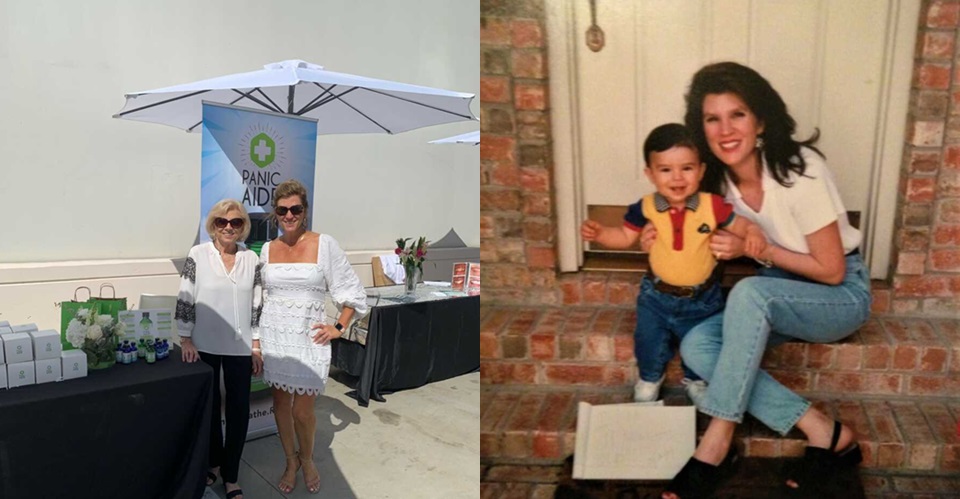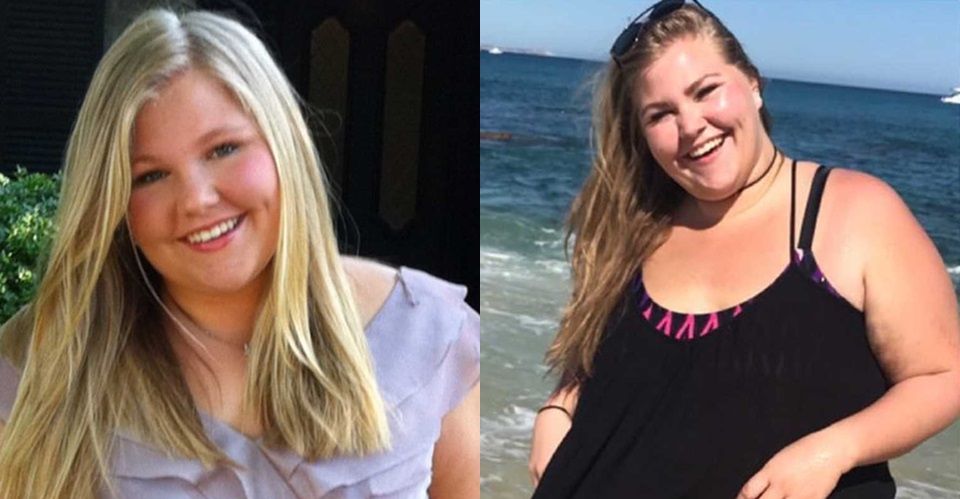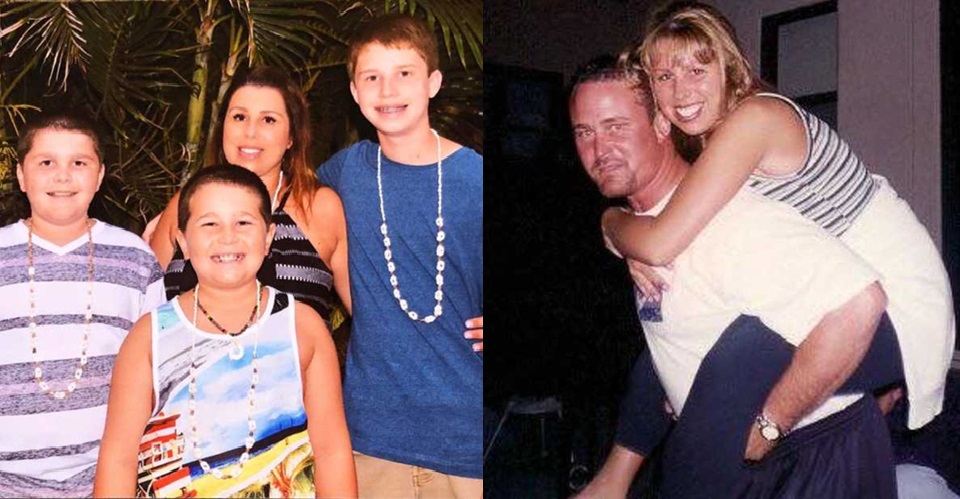She still panics, but now she has a voice, and if her voice helps even one person stay, she’ll keep showing up for that fight. She says the best part of her story is simple: she’s still here. She has lived through crushing panic attacks, depression, OCD, bipolar swings, and even a suicide attempt. For years, she stayed quiet, afraid of judgment and family reactions, and that silence kept her from getting help sooner. Her first full panic attack hit at nineteen. She was about to go out when a wave of terror swallowed her. Cold sweat. Shaking. Heart racing. Words stuck in her throat. She ended up on the bathroom floor, vomiting and curled into herself, sure she was dying. Doctors checked everything from her heart to her stomach, but no one asked about her mind. That attack opened a door she couldn’t close; fear started to follow her everywhere.

Work became her safe place after her stepdad, the man who helped steady her, died suddenly while she was in college. She landed her dream job at a TV station in her twenties, but panic still hunted her. She pushed herself to cover the Oklahoma City federal building implosion in 1995. She made the drive, hiding her symptoms, throwing up at stops, and holding it together on site. The flight home broke her. She sat curled in her seat with a bag and a blanket, shaking with shame. Trips became traps. On a family drive to San Antonio, she spiraled so severely that they turned around the same night. She hadn’t seen a psychiatrist; back then, therapy felt like a label you didn’t want. Her parents’ generation carried beliefs that made mental illness feel like a reflection on them, so she buried it.
Her thirties brought a son, whom she calls her miracle. Pregnancy was complicated, but love kept her going. Being a mom finally pushed her to ask her family doctor for medication. Without a diagnosis or a specialist, she leaned on prescriptions like Xanax and Klonopin, temporary relief over a deep wound. As her child entered school, she worked at a nonprofit and became vice president. Success came with travel expectations she couldn’t meet. She told her boss about the panic, terrified to say it out loud. He was kind but still asked her to try. She boarded a plane to Houston and stepped off before the door closed. Fear won that day, and travel was taken off her plate.
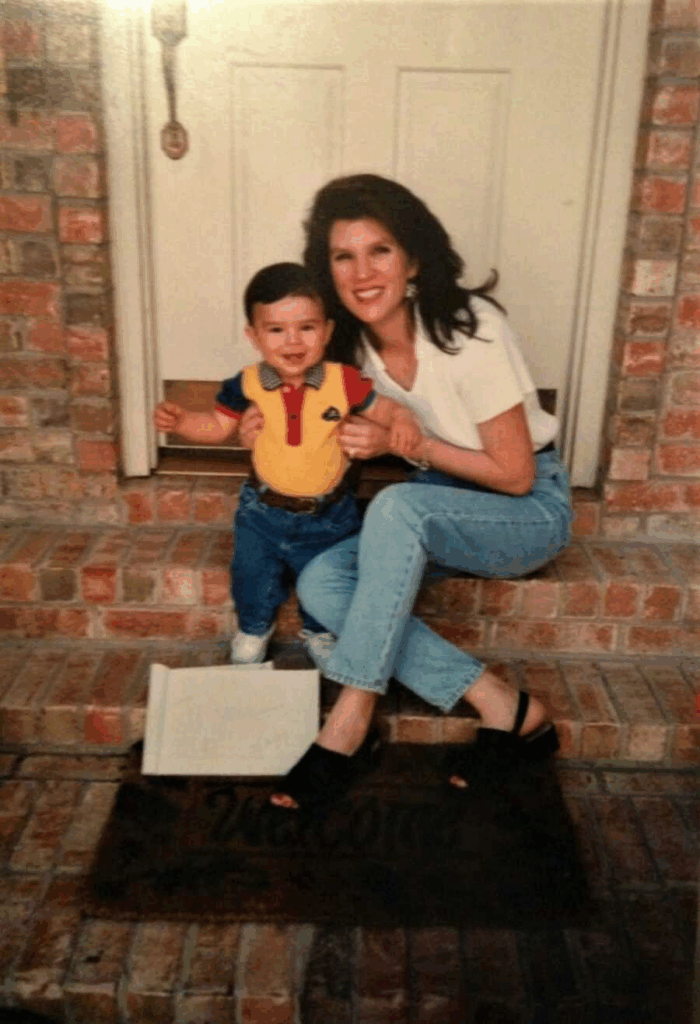
Then came the worst stretch. She stopped going to restaurants, parties, bridges, anything that could trigger her. The world shrank to the size of her fear. One day, she froze on an overpass, hands shaking on the wheel, trapped by traffic. She called 911, but the dispatcher’s impatience made it worse. She inched across, got home, and drowned in embarrassment. That low point birthed darker thoughts. One night, she took a handful of pills, ready to disappear. She now says with all her strength: suicide is never the answer. She’s grateful she survived.

In her forties, she finally drew a line. Enough. She found a psychiatrist, a counselor, and the correct language for what she faced. She stopped pretending. She talked openly with her son about her mental health and felt their bond deepen in the honesty. She started a business to help others, launched a podcast, and kept working with her doctor to fine-tune medication. Healing became something she did daily, not someday. The panic didn’t vanish.
Two years ago, she flew with her mom to Los Angeles for an Emmys gifting event to showcase her company. Within an hour of celebrities arriving, her body tried to bolt. She ran to the restroom, found it locked, and crumpled to the floor in a white dress, breathing through terror and bargaining with herself not to call 911. No one outside knew; she told no one, not even her mother. She left early, knowing she’d hit a wall.
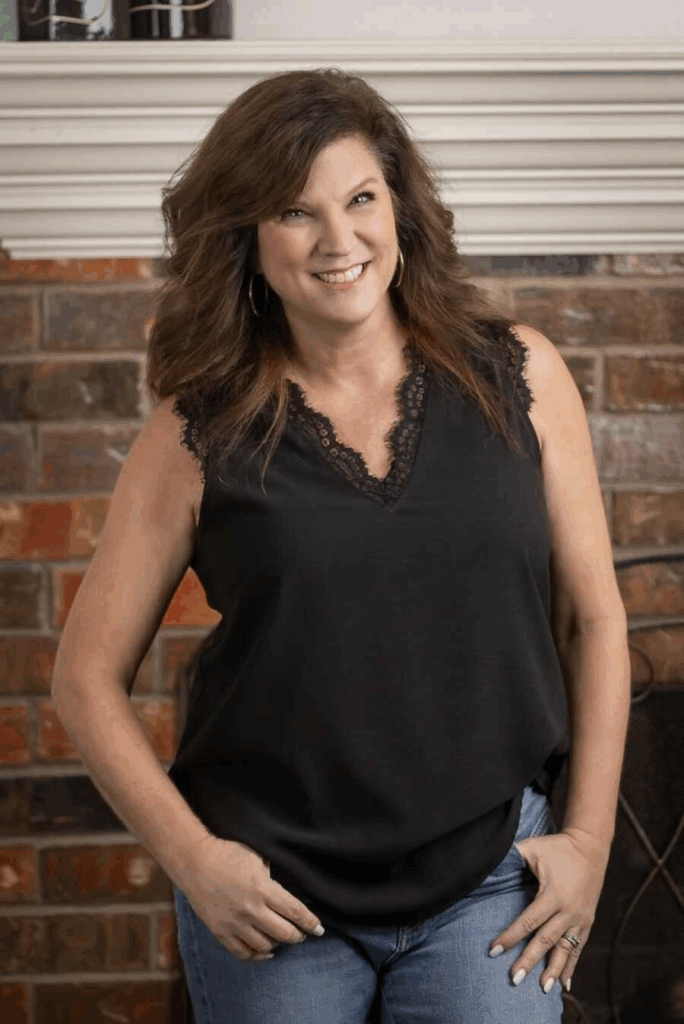
She hasn’t stopped. She talks about it now, and the talking steals some of the fear’s power. Not all of it, but enough. The pandemic didn’t help, but she keeps going, believing she was made with these rough edges for a reason. If telling her truth spares one person from feeling alone, it matters. Her advice is blunt and kind: if you need help, ask a psychiatrist, not just a family doctor. Don’t wait decades. The correct diagnosis and the proper treatment can change a life. Tell the people you love what’s real for you. Do the homework of healing. You’re worth the work.
